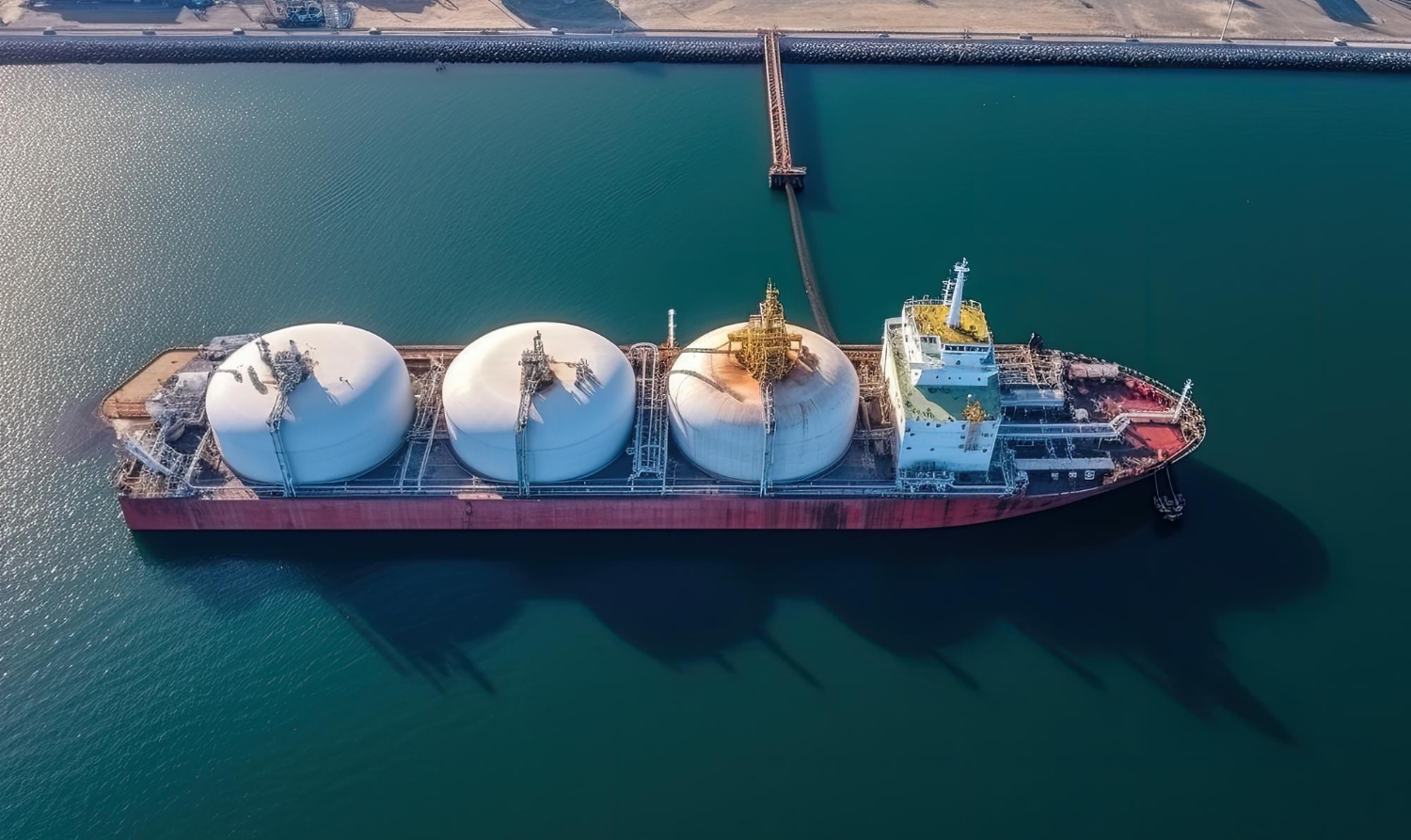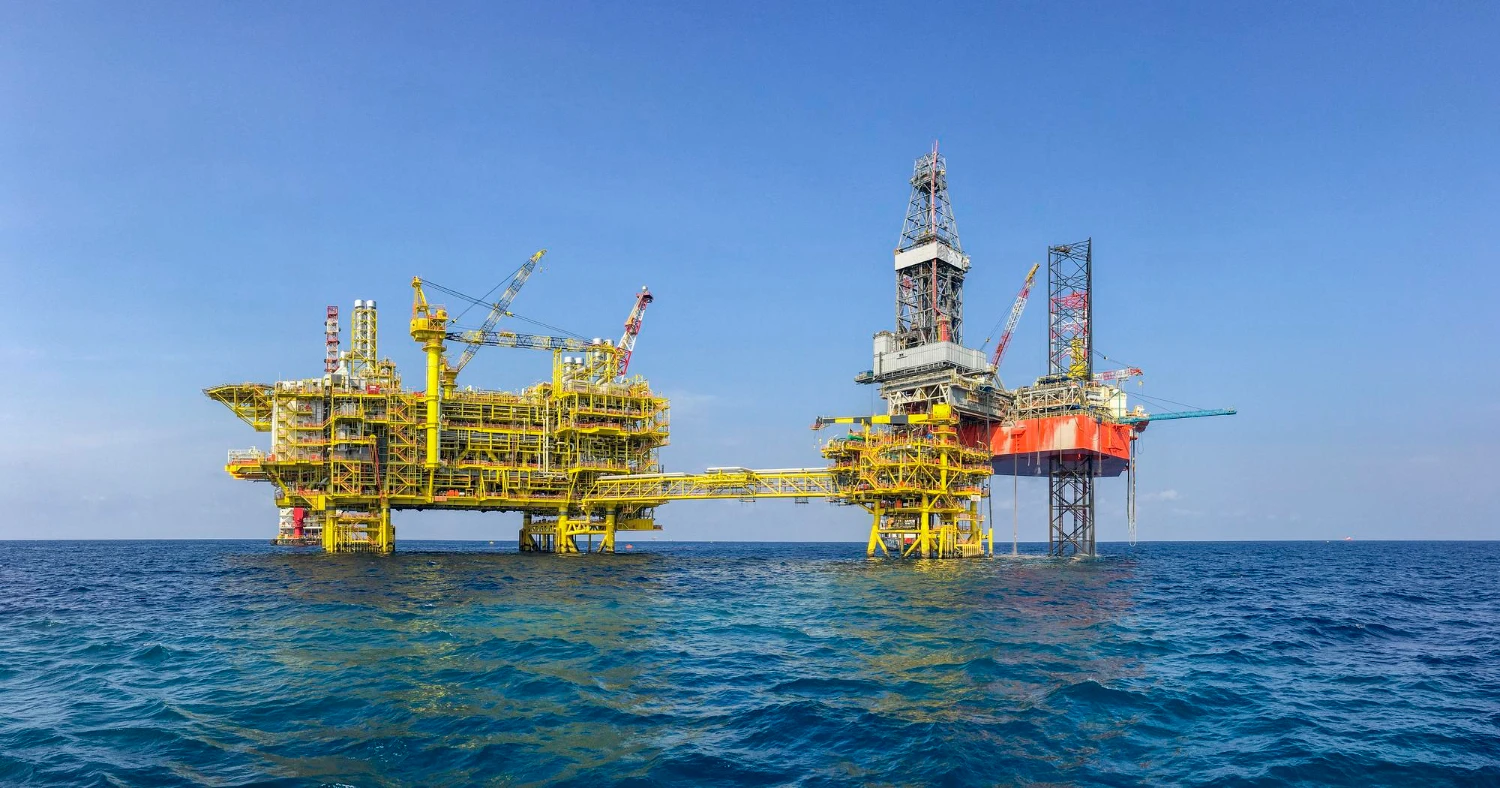Earlier this month, Directive 2024/1788 on common rules for the internal markets in renewable gas, natural gas and hydrogen, amending Directive (EU) 2023/1791 and repealing Directive 2009/73/EC was adopted. It aims to to facilitate the penetration of renewable and low-carbon gas and hydrogen into the energy system, enabling the transition away from fossil gases, as well as allowing renewable and low-carbon gases and hydrogen to play an important role in achieving the Union's 2030 climate goals and climate neutrality by 2050. The directive also aims to establish a a regulatory framework that enables and incentivizes all market participants to phase out fossil gas and to plan their activities in such a way as to avoid lock-in effects, as well as to ensure a timely phase-out of fossil gasin particular from all relevant industrial sectors and from heating use.
The Directive also defines terminology for renewable, hydrogen and low-carbon gases (in Article 2)
Focus areas of the Directive
Biomethane
Article 10 of the Preliminaries states that states should prioritize connections and that there should be "reasonable deadlines". By speeding up the necessary administrative steps, a faster uptake of gas from renewable sources could be seen: "Applications for connection to the grid for the production of gas from renewable sources should be assessed within reasonable deadlines and should be monitored by the relevant regulatory authorities. It should be possible to grant priority for applications for connection at transmission and distribution level for gas production from renewable sources towards connection requests for natural gas and low-carbon gas production."
Hydrogen
As regards hydrogen, the Directive aims to facilitate
- the emergence of hydrogen markets
- trading hydrogen as a commodity
- liquid trading centers.
Member States should remove any unjustified barriers to this end (Art.11, preliminary).
The directive emphasizes that the EU's priority remains the use of hydrogen from renewable sources, produced in particular from wind and solar energy. But as "the production of hydrogen from renewable sources is not likely to be expanded rapidly enough to meet the expected growth in demand for hydrogen in the Union, low-carbon fuels, such as low-carbon hydrogen, can play a role in the energy transition". This shows an important opportunity for our country as it represents an opening towards the production of blue hydrogen from natural gas with CO2 capture.
"Environmental standards are only for European countries"
It's a myth that has been created and is spreading, despite serious initiatives in other parts of the world (China's huge renewables capacity and the US Inflation Reduction Act). Article 16, preliminary, indicates the EU's intention to promote the creation of a market for clean technologies and to assume a global leadership role in climate policies: "In this context, the Union could play a leading role in developing global standards for the certification of low carbon fuels and strengthen its global leadership role on climate, using its climate diplomacy to develop mutually beneficial cooperation with exporting partners."
European lens with country-specific technologies
Although the EU has a common target to reduce greenhouse gas emissions, countries are free to choose the technologies they will use and the types of energy that suit their national requirements. This point is important for Romania because we want to use our domestic resources, both natural and technological: "In the context of a fully open market, Member States should continue to be able to plan their energy mix, including the combined use of renewable and low-carbon fuels, according to their specific national circumstances." (Art. 18, Preliminaries). This principle of technology neutrality should be respected also when setting the funding that would support the EU's climate goals, giving countries the freedom to choose the actual technologies and even national standards to meet their own decarbonization targets.
"Energy transition is too expensive for us". Engaging, informing and protecting vulnerable consumers
Through this Directive, the European Union also supports a just energy transition: "Existing consumer rights and rights of access to essential services, including energy, and the fight against energy poverty need to be strengthened and guaranteed and should include greater transparency." (Art.19, preliminary)
States must minimize "the negative effect on end-users of fuel switching or connection to district heating" and ensure that citizens are informed about sustainable energy alternatives (Art.22, preliminary).
The pricing of natural gas (where natural gas has its own definition, set out in Art.2(1); 'natural gas' means gas consisting mainly of methane, including biomethane, or other types of gas which, from a technical and safety point of view, can be technically and safely injected into and transported through the natural gas system) affects the market and should not be used as a means of social protection: 'Public intervention in the setting of prices for the supply of natural gas would in principle be a market-distorting measure. Such interventions should therefore only take place where appropriate and as public service obligations and should be subject to specific conditions. A fully liberalized and properly functioning retail market for natural gas is likely to stimulate competition in prices and other factors between incumbent suppliers and provide incentives for new market entrants, thereby improving consumer choice and satisfaction.". (Art. 23, preliminary)
Regulated prices are seen as a crisis method: 'During a gas price crisis, when wholesale and retail gas prices increase significantly, Member States should be allowed to temporarily extend the application of regulated prices to essential social services as defined in Article 2(4) of Regulation (EU) 2017/1938 of the European Parliament and of the Council (21) and to small and medium-sized enterprises (SMEs). In respect of household customers, essential social services and SMEs, Member States should exceptionally and temporarily be allowed to set regulated prices below cost during a gas price crisis, provided that this does not create distortions of competition between suppliers and that suppliers are compensated for the costs incurred as a result of supply at below-cost prices.". Regulation should also be limited to "80 % of average household consumption in the case of household customers and 70 % of the previous year's consumption in the case of essential social services and SMEs".







